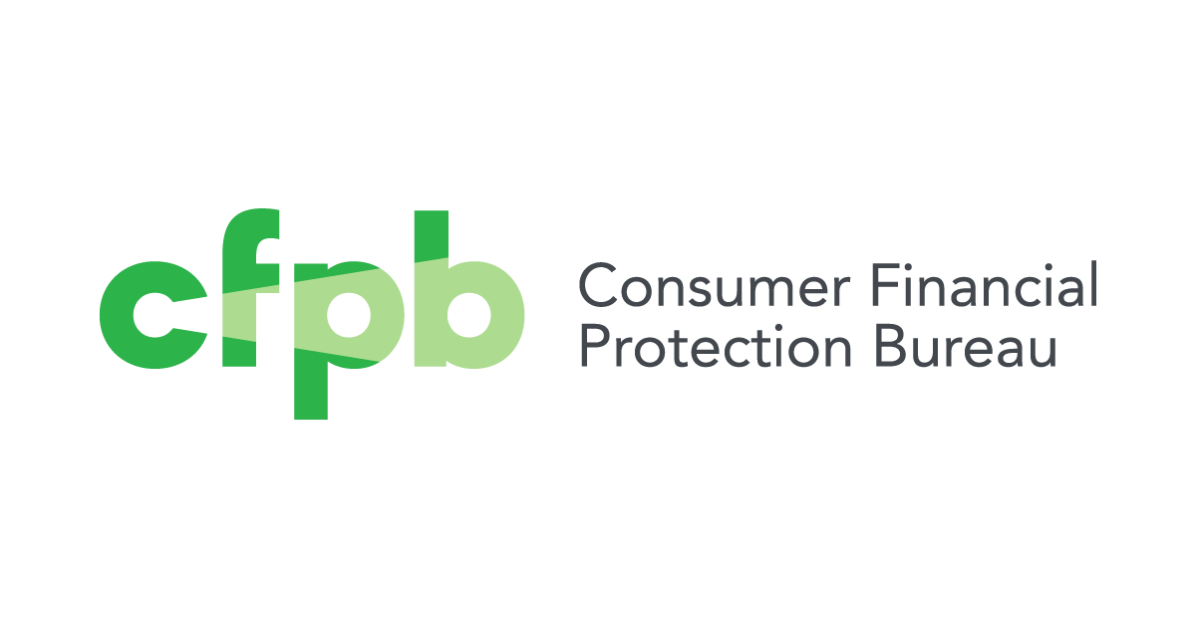This post was originally published to the Consumer Financial Protection Bureau (CFPB) blog on .

Today, the CFPB released a report, consumer advisory, and amicus brief on home equity contracts—often called home equity “investments.” These relatively new financial products can be costly, risky and complex.
The report and consumer advisory explain how home equity contracts work, what they cost, and risks they pose to consumers. Home equity contracts can be more expensive than other home-secured financing and must be repaid in full in one payment that can be hundreds of thousands of dollars and difficult to predict ahead of time. Homeowners who can’t afford the repayment may be forced to sell their home.
Given the risks to consumers from these products, which are consistent with complaints that the CFPB has received, consumers must receive critical protections with respect to these products regardless of how they are labeled or what complex financing terms are included. The CFPB is committed to preventing companies from evading the law by trying to exploit legal loopholes or crafting misguided arguments about why the law does not apply to them.
The CFPB filed the amicus brief today to ensure that when credit is offered, lenders must comply with the laws that Congress established. The Truth in Lending Act (TILA) is a key guardrail that helps make sure that Americans get safe and affordable mortgages and other loans. In an ongoing case, a company called Unlock contends that a risky, complicated home equity contract it offers is not covered by TILA. One of the company’s key arguments is that the product is an investment, not a loan, and is therefore not credit. As the CFPB’s brief explains, this argument is wrong. Congress constructed TILA to ensure that companies can’t evade the law by simply slapping a different label on a loan.
The CFPB’s brief builds on a number of actions the CFPB has taken to ensure that companies can’t invent new loopholes to avoid accountability or claim that new products don’t have to comply with existing rules. This includes affirming that federal rules and laws about home lending apply to contracts for deed and confirming that Buy Now, Pay Later lenders must investigate disputes and make certain refunds, just like companies offering conventional credit cards. Consumers are entitled to important consumer protections under longstanding laws and regulations, and honest businesses should not be disadvantaged for playing by the rules.
The CFPB will continue to make sure that companies follow the law.
Read the CFPB’s consumer advisory.
If you have had a problem with a consumer financial product or service, you can submit a complaint with the CFPB.

Leave a Reply